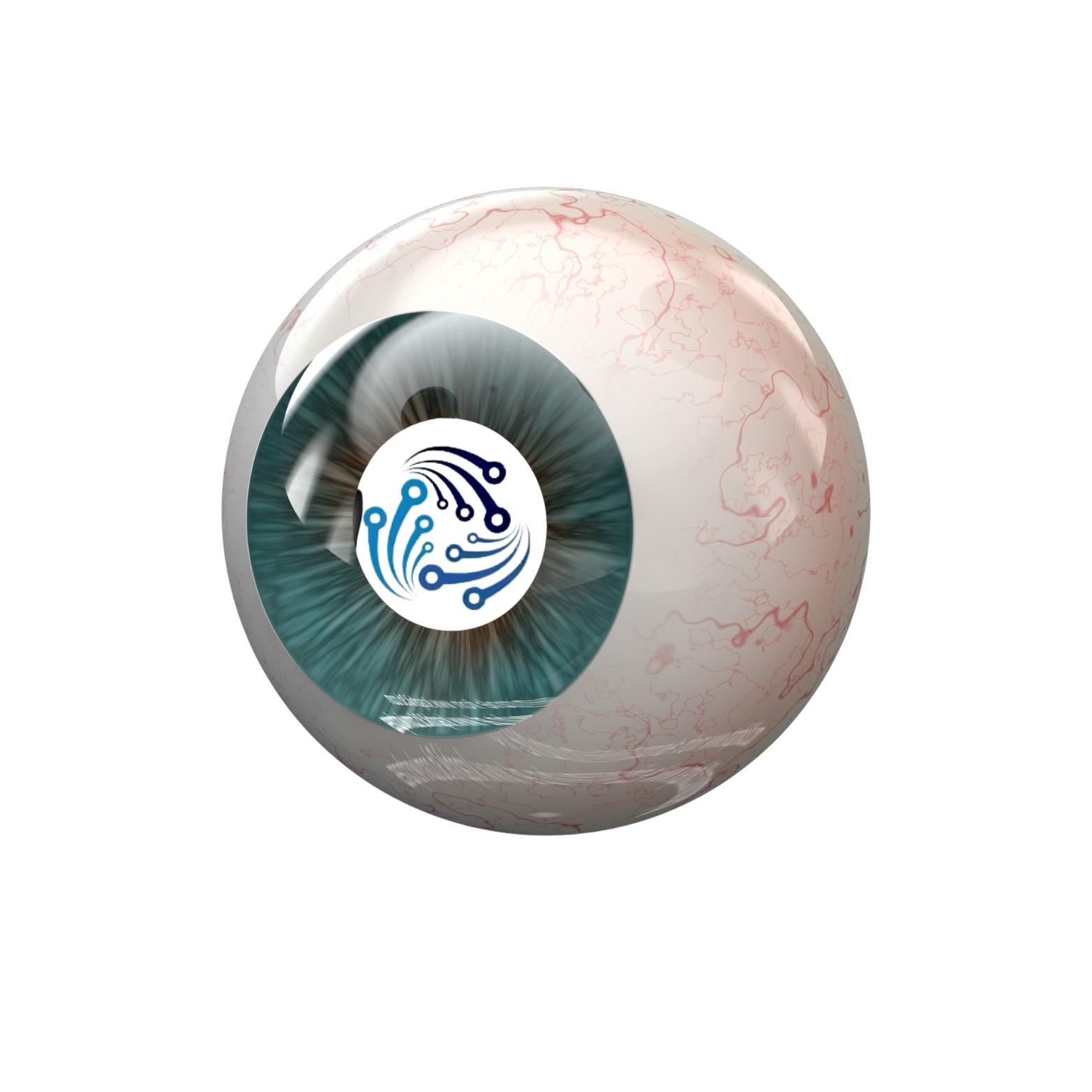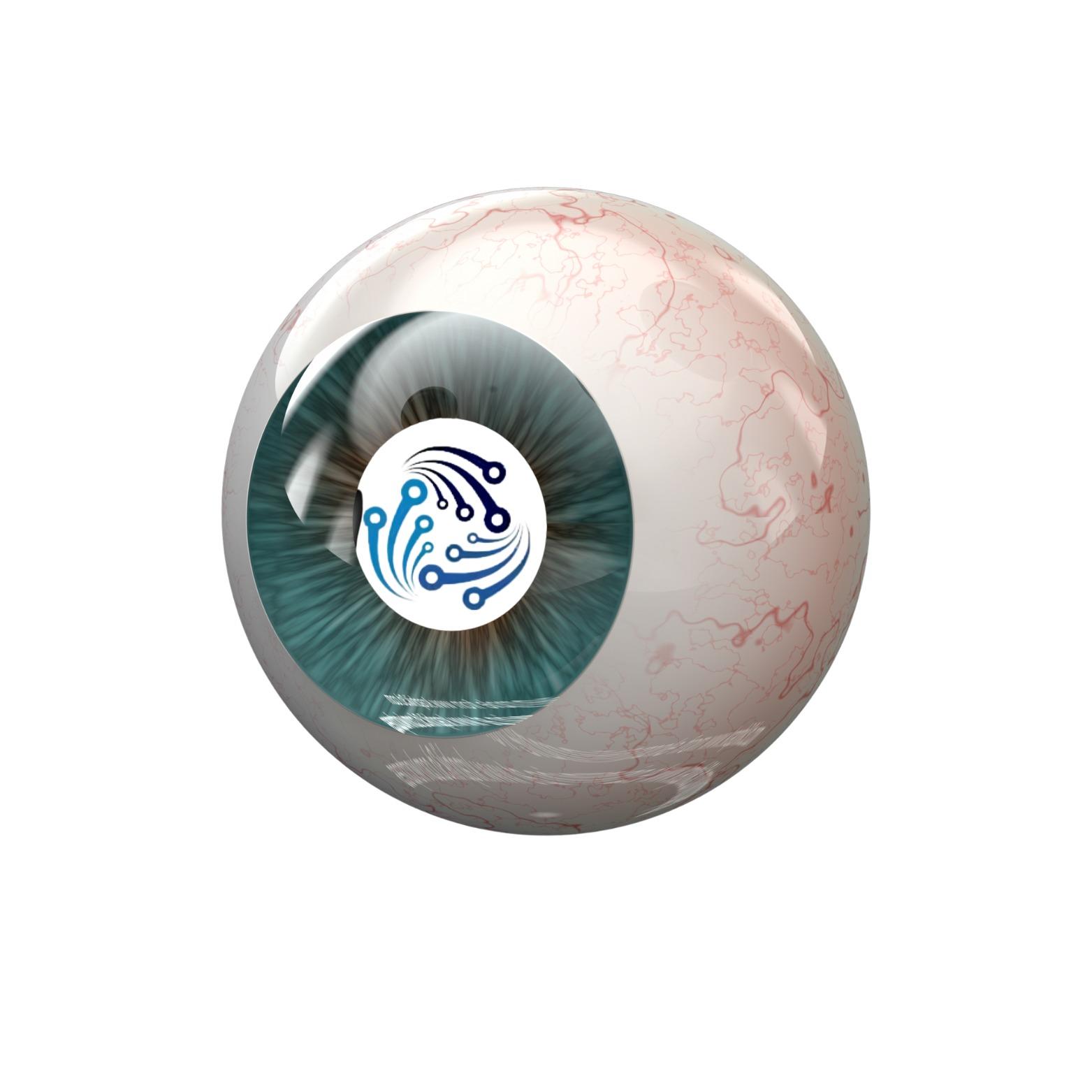When caring for individuals with dementia, you can greatly reduce anxiety and boost memory using three key sensory therapy tools. Weighted blankets and fidget tools, such as sensory fidget blankets, provide a calming, grounding effect through gentle pressure and tactile engagement, reducing restlessness and agitation while enhancing fine motor skills.
Aromatherapy with essential oils like lavender, peppermint, and bergamot leverages scents to calm, stimulate, and improve mood, with personalized choices based on individual preferences.
Music and sound therapy, through personalized playlists and rhythmic sounds, enhance memory recall, reduce anxiety, and foster emotional connections and well-being. By incorporating these tools, you can create a personalized approach that addresses the unique needs of each individual, and continuing to explore these methods can offer even more insights into improving their quality of life.
Top 3 Sensory Therapy Tools for Dementia Care Personalized Approaches to Reduce Anxiety and Boost Memory
When implementing sensory therapy for dementia care, you can greatly reduce anxiety and boost memory by utilizing three key tools. Weighted blankets and fidget tools are excellent for calming restlessness, as they provide a soothing, grounding effect and keep hands actively engaged. Aromatherapy and music therapy also play vital roles, with aromatherapy stimulating cognitive and emotional responses through familiar scents, and music therapy supporting memory recall and communication by triggering emotional connections through sound.
How Sensory Therapy Benefits Dementia Patients
When implementing sensory therapy for dementia patients, you can considerably enhance their memory, reduce anxiety, and improve their emotional well-being. Using tools like weighted blankets and fidgets can calm restlessness and agitation, while aromatherapy can stimulate cognitive and emotional responses by evoking memories through familiar scents. Music therapy is another powerful tool, supporting memory recall and facilitating communication by triggering positive emotions and memories.
Enhancing Memory, Reducing Anxiety, and Improving Emotional Well-Being
Sensory therapy plays an essential role in enhancing memory, reducing anxiety, and improving emotional well-being for individuals with dementia inside a memory care with personalized services in Westlake. Aromatherapy, for instance, stimulates cognitive and emotional responses by using scents like rosemary and lavender to boost memory recall and calmness.
Music therapy supports memory recall and communication, engaging patients through familiar tunes. Weighted blankets and fidget tools help calm restlessness, promoting a sense of comfort and security.
Weighted Blankets and Fidget Tools for Calming Restlessness
When using weighted blankets and fidget tools, you can considerably reduce restlessness and agitation in dementia patients. Weighted blankets provide a calming, grounding effect by applying gentle pressure, which can make patients feel secure and less inclined to fidget.
Fidget tools, such as sensory fidget blankets, Twiddles®, and stress balls, engage patients' hands and minds, offering tactile stimulation that soothes anxiety and improves fine motor skills.
How Deep Touch Stimulation Helps Reduce Agitation in Dementia Patients
Deep touch stimulation, particularly through techniques like massage and the use of weighted blankets, plays an essential role in reducing agitation in dementia patients. These calming techniques for seniors apply firm but gentle pressure, relaxing the nervous system and promoting a sense of calm. Weighted blankets for dementia patients provide personalized sensory stimulation, helping to alleviate anxiety and restlessness, and improving overall emotional well-being.
Aromatherapy and Essential Oils for Cognitive and Emotional Support
When using aromatherapy for dementia care, you can leverage scents like lavender and peppermint to enhance mood and relaxation. Lavender oil, for example, is known for its calming properties, helping to reduce anxiety and promote better sleep, while peppermint oil can stimulate the mind and improve concentration.
By incorporating these essential oils into daily routines, such as through diffusers, bath bombs, or massage therapy, you can create a soothing environment that supports cognitive and emotional well-being. It's important to personalize the use of these oils based on the individual's preferences and past experiences to guarantee maximum benefit.
Regularly evaluating the patient's response to different scents and adjusting the aromatherapy approach accordingly can help maintain a positive impact on their emotional and cognitive health.
Using Scents Like Lavender and Peppermint to Enhance Mood and Relaxation
Aromatherapy, particularly using scents like lavender and peppermint, is a powerful tool in enhancing mood and relaxation for individuals with dementia. These essential oils for seniors can greatly reduce agitation in Alzheimer's patients by promoting a sense of calm and relaxation. As a holistic therapy for dementia patients, aromatherapy evokes positive emotions and memories, improving overall well-being.
Music and Sound Therapy for Memory Recall and Communication
When using music and sound therapy, personalized playlists and rhythmic sounds can greatly benefit dementia patients by enhancing memory recall and improving communication. Listening to music from their youth or favorite songs can trigger memories and emotions, helping to maintain and even improve cognitive abilities.
These therapeutic approaches also reduce anxiety and agitation, creating a calming environment that fosters emotional well-being. Engaging in musical activities, such as singing or playing simple instruments, can further elevate mood and provide a non-verbal means of expression.
How Personalized Playlists and Rhythmic Sounds Benefit Dementia Patients
Personalized playlists and rhythmic sounds are powerful tools in sensory therapy for dementia patients, offering significant benefits in reducing anxiety and boosting memory. These playlists, often part of multi-sensory environments, use memory recall techniques to evoke positive emotions and memories. Caregiver training for sensory therapy guarantees these sounds are tailored to individual needs, enhancing communication and social interaction.


